Say what you want about KISS, they figured out branding long before everyone else. The band realized they weren’t just four guys who wrote iconic songs. Still, instead, they were a collective idea that the images of the Demon, Star Child, Spaceman, and Cat could live on forever because they didn’t just live within the music; they became a multi-dimensional entity that sold everything from condoms to coffins.
And now, as creators move into branding themselves, the same kinds of conversations are happening: what am I in the greater scheme of my image, and what do I represent as a whole?
Imagine licensing your laugh to a brand. Imagine your AI twin hosting a podcast while you’re asleep. Imagine your name, image, and voice outliving you, still posting, still selling. So now, a creator’s name isn’t just their reputation; it’s intellectual property.
Where’s the line between person and product?
Branding Yourself into a Business
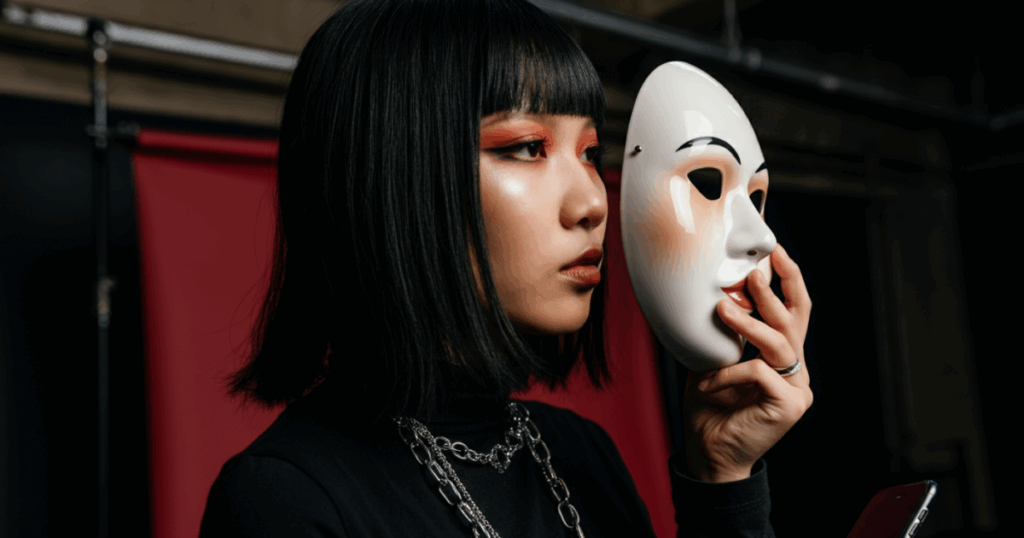
As of 2024, over 22,000 individuals filed trademarks for their names globally — a 300% increase from 2019 (source: WIPO). Taking a page from MrBeast and Kim Kardashian, more and more creators are trademarking their names, signaling a new paradigm in IP law.
As platforms like TikTok and YouTube turn everyday people into household names, owning your name becomes more than vanity — it’s defense. Against impostors. Against fakes. Against bad deals. The rise of content banks and AI avatars doesn’t just complicate estate law — it raises ontological questions about selfhood in a post-biological age.
When creators trademark their names, they think ahead:
- Merch
- Spin-offs
- Brand deals
- Lawsuits
It’s the business model of the modern age.
And in a world where anyone’s face or voice can be duplicated with a line of code, trademarking your name becomes digital armor. From a legal standpoint, it makes sense — copyright infringement carries far more weight than a mean DM to someone pretending to be you. A cease-and-desist comes backed by a legal framework with real consequences.
The Monetization of Likeness
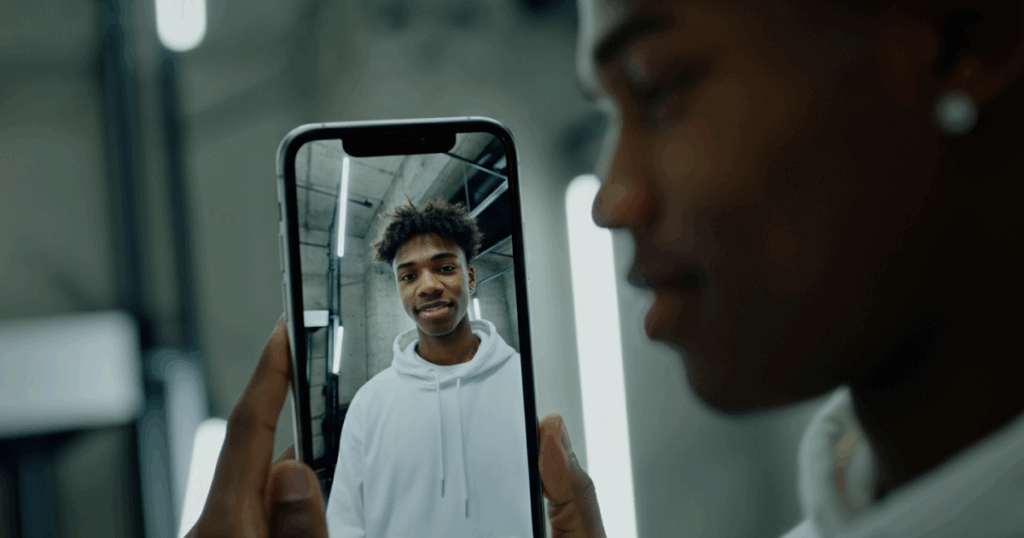
AI clones, voice licensing, and digital avatars are quickly becoming part of the creator economy’s toolkit. Instead of burning out on content calendars, creators are now using AI voiceovers of themselves to scale output without showing up every day. TikTokers are cloning their voices to narrate videos, automate commentary, and keep engagement high — even while they sleep.
Artists like Grimes have gone further, allowing fans to use her AI-generated voice in original songs, with a simple 50/50 royalty split. It’s a bold move that blurs the line between creator and consumer, turning her voice into an open-source brand.
This approach to AI isn’t just niche experimentation — it’s becoming part of a broader trend. A 2023 Deloitte study found that 18% of Gen Z creators have explored “synthetic” brand partnerships that use their AI-generated likenesses.
Experiments like these push against what’s authentic: does the digital version of ourselves that we’ve licensed out to be part of the creative process count as “us” collaborating?
Digital avatars represent a scalable, licensable version of identity with implications for intellectual property law, ownership, and the future of what it means to be “real” online. As MIT’s Sherry Turkle says, “It is no longer enough to be authentic. One must now perform authenticity.”
A deeper question arises: if a technological version of ourselves generates our content, are we still the ones creating it?
Death Isn’t the End: Estate Planning for Your Image

Notoriously, Mr. Pokee the hedgehog died while his owner ramped up a whole new hedgehog storyline, which dives into posthumous monetization, another facet of KISS’ plan to eternally keep their brand going.
We’re entering an era where your digital ghost may outlive your physical one — earning and influencing.
Some creators aren’t just planning for the next content drop, they’re preparing for the afterlife. A growing number are building “content banks” with:
- Archives of pre-recorded videos
- AI-trained voice models
- Avatar scripts
These digital assets can be scheduled, reassembled, or algorithmically refreshed, allowing influencers, educators, and entertainers to maintain a presence — and even grow an audience — posthumously. What used to be like a Blade Runner plotline is now a strategic financial and marketability choice. For creators whose brand is their business, this preparation ensures that death doesn’t mean disappearing from the feed.
It all feels very dystopian, but does it contend with the ever-present vestige of Walt Disney as he looms over his company almost sixty years after his death?
This dark trend is fueling a parallel industry: digital estate planning. Specialized firms now help creators set up wills not just for money but for intellectual property, including voice rights, likeness usage, and content licensing.
Some even offer “AI will” services, allowing clients to dictate how their digital self gets managed: who can use it, for how long, and under what terms. It’s a natural evolution of legacy planning in a time when a person’s online presence can outlast and out-earn their physical one.
Emotional + Ethical Toll
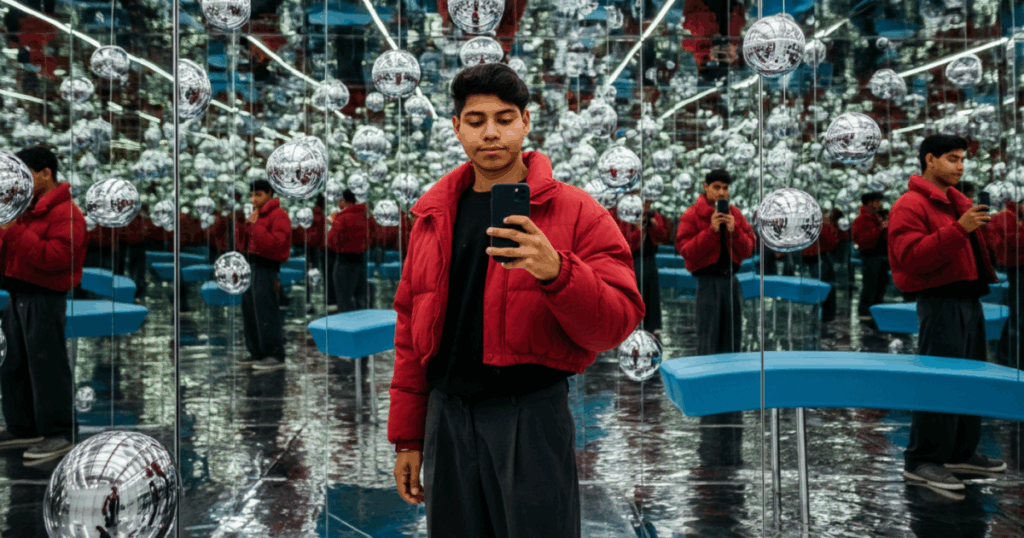
If your face can be licensed, your voice replicated, and your name monetized, what’s left that’s just…yours? Is this a new level of capitalistic venture unlocked? After your death, how is there a summation of wants? If you’re long gone, what’s to say a money-hungry great-grandkid won’t make your avatar promote hot dogs when the living person would never dream of such a thing?
According to Stanford’s Institute for Human-Centered AI, 62% of tech-forward consumers now believe their online presence will outlive their physical one and want a say in handling it.
How does someone own their image and likeness without being owned by perception? This introduces a paradox: As Jack Kornfield once put it in interpreting the Buddha’s teachings, “The trouble is, you think you have time.” In a 2023 report from the Digital Legacy Association, 45% of millennial creators said they’ve considered formal plans for their digital afterlife, but only 8% have taken steps.
As Walter Benjamin warned, art risks losing its aura in the age of mechanical reproduction. Today, the same can be said of identity — filtered, replicated, and rendered in code.
For Sale: The Self. Always Available.
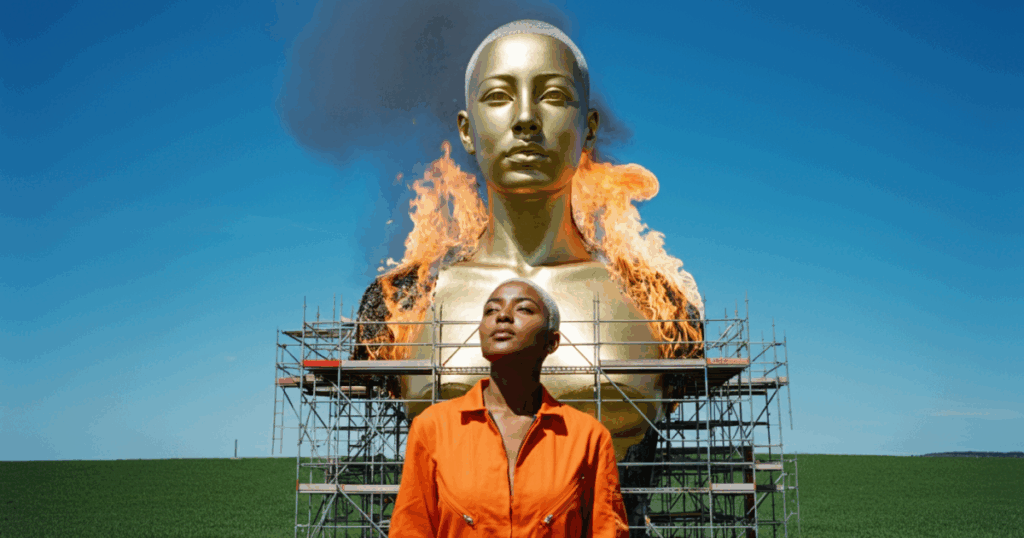
The line between identity and brand dissolves as creators increasingly monetize their voices, faces, and personalities. The pressure to always be “on” now extends even after death, with AI-generated avatars and voice clones offering the promise and burden of perpetual presence. A 2023 survey by YouGov found that 41% of Gen Z creators feel pressure to maintain a digital persona that does not reflect their real-life identity.
And Patreon’s Creator Economy report finds that burnout among full-time influencers has risen 27% year-over-year. As digital selfhood becomes commodified, creators are already reporting heightened anxiety around boundaries, consent, and the sense that their personhood is no longer entirely theirs but a licensed asset distributed across platforms.
This evolving landscape demands thoughtful policy. Should there be legal guardrails around how a person’s likeness gets used, who can authorize it, and whether that consent can be revoked?
A 2024 study by the Berkman Klein Center at Harvard found that only 12% of platforms offer clear opt-out options for AI training on user-generated content (UGC). As these tools advance, the legal and ethical frameworks surrounding digital identity must develop alongside them. What rights should individuals retain over their algorithmic versions, and who protects those rights after they are gone?
As Hannah Arendt once warned, “The aim of totalitarian education has never been to instill convictions but to destroy the capacity to form any.” If we relinquish control over the formation and use of our digital selves, we risk losing the capacity to define who we are.
Beyond Dystopia: The Other Side
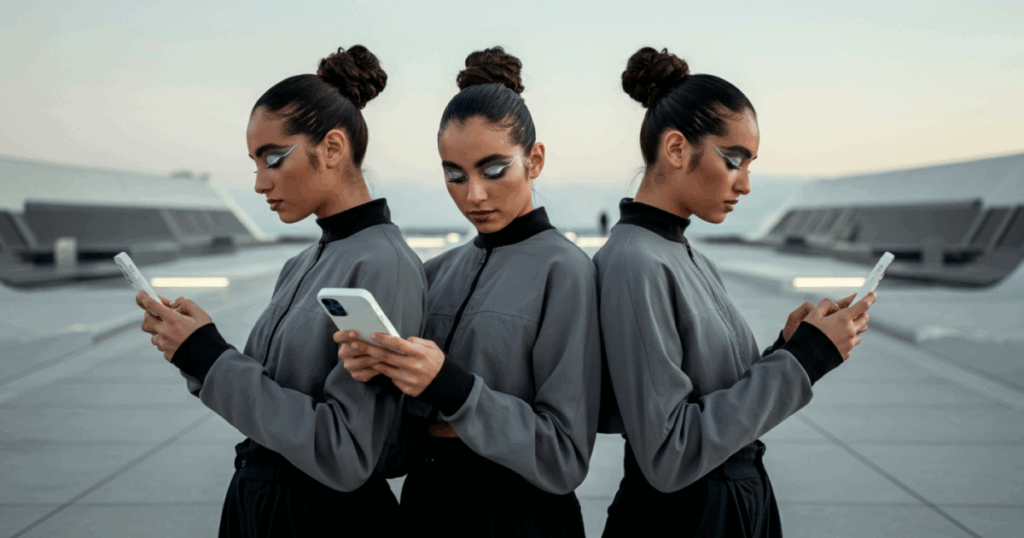
What does it mean for society that we’ve grown comfortable with our identities living on as code? There’s something lost when we no longer wonder what George Carlin would think of our current moment; mysteries that remain unsolved because they exist only in what the creator made during their lifetime.
How do we balance individual ownership of self against the public’s desire for digital immortality?
“While many see the commercialization of digital identity as dystopian, there’s another perspective to consider. For creators with physical limitations, chronic illness, or those facing systemic barriers, AI avatars offer continuity and opportunity,” says Dr. Maya Indira, digital ethics researcher at MIT Media Lab. “I’ve worked with artists who can only create sporadically due to health conditions — their AI extensions allow their voice to remain present even during flare-ups. The question isn’t whether we should stop this technology, but how we can ensure it empowers rather than exploits creators.”
As KISS’ Gene Simmons put it bluntly, “I’m not in the music business. I’m in the licensing business.” He continued, “KISS is a brand name. We’re like a can of Coca-Cola. You know what you’re gonna get.”
And guess who’s working on their AI-built avatar show for generations to come? You guessed it.
They really will Rock and Roll All Night and Party Every Day.





